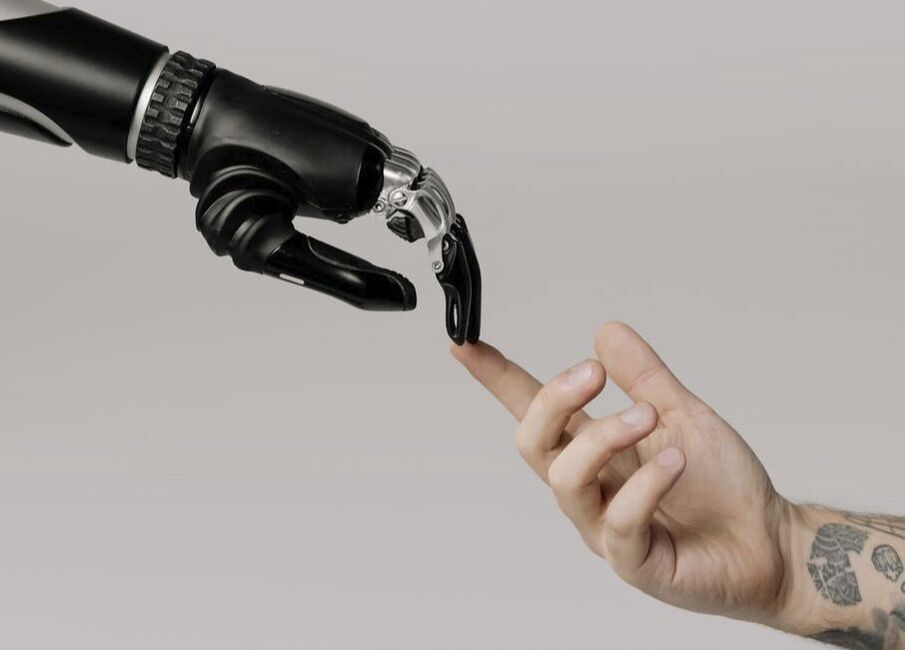|
I've been wrestling with the question of human evolution for a while now. It's a thought exercise that came up while I was researching and writing my novel, The Other Women.
Natural evolution is an inconceivably slow process. It takes basically forever for nature to work out what traits will work best on a given organism in a given environment. I was going to insert some really interesting factoids here about how long it took things like prehensile tails and marsupial pouches to evolve, but the truth is that this stuff happens so slowly and incrementally, there's really no clear answer to those questions. Just think how many iterations nature went through before we humanoids developed the ability to walk fully upright as we do. Gradually that happened, over millions and millions of years. 
But technology has changed all that.
Technological advancements have already allowed humans to survive and thrive in areas where they would otherwise perish - if they even managed to get there at all - and many of us wouldn't be here if not for medical advancements made in the last hundred years. Things that would sound like science fiction to our grandparents are commonplace today. For example, a third of U.S adults report that they or someone they know has used fertility treatments, according to the Pew Research Center. More than 250 million courses of antibiotics are prescribed annually. Six-hundred-fifty thousand patients take chemotherapy each year, according to the CDC. This is just a short sampling of the ways medical technology has created and sustained life where, before, there would have been none. All this is possible today, and there is no end to the potential for innovation in coming years. Which makes me wonder: Where is the line? What is the limit? How will we know when enough is enough? I read an article in the Times a few months back that I found at once fascinating and altogether unsurprising: Scientists Grow Mouse Embryos in a Mechanical Womb. Science did that. Scientists took embryos out of a mama mouse, put them into mechanical wombs, and grew them for a week or so with no incident. It's a pretty low-level process compared with growing a whole human baby in one of those things, but I can almost guarantee you that's on the horizon. Why would we want to grow a human baby in an artificial womb? Lots of reasons, which I'll get to in the Newsletter (where I'll share some of the reproductive technology research I put together before writing the The Other Women) and in next week's post. What's important for this conversation is the likelihood that, eventually, it will happen. And when it does, after a while, it might feel just as commonplace as in vitro does today. A hundred years ago, cancer was a death sentence. If a person was unable to conceive a child naturally, they were destined for other avenues of parenthood, or not. An infection that's easily treatable with today's medications had a pretty good chance of killing you. While some of us are naturally inclined (*raises hand*), I don't think there are many of us who would prefer these outcomes. We use technology to help us survive, and while we do evolve socially, technology does much of the physical adaptation for us. Advancements in science, technology, and medicine have progressed our society at light speed over the last century compared with other time periods in history. But does that mean we've given our evolution over to technology? How has technology changed the meaning of the term "evolution"? How might it continue changing in the coming decades? I'd love to know your thoughts; just comment below!
0 Comments
Leave a Reply. |
Nicci KadilakI'm the boss around here.
Archives
January 2023
Categories
All
|


 RSS Feed
RSS Feed